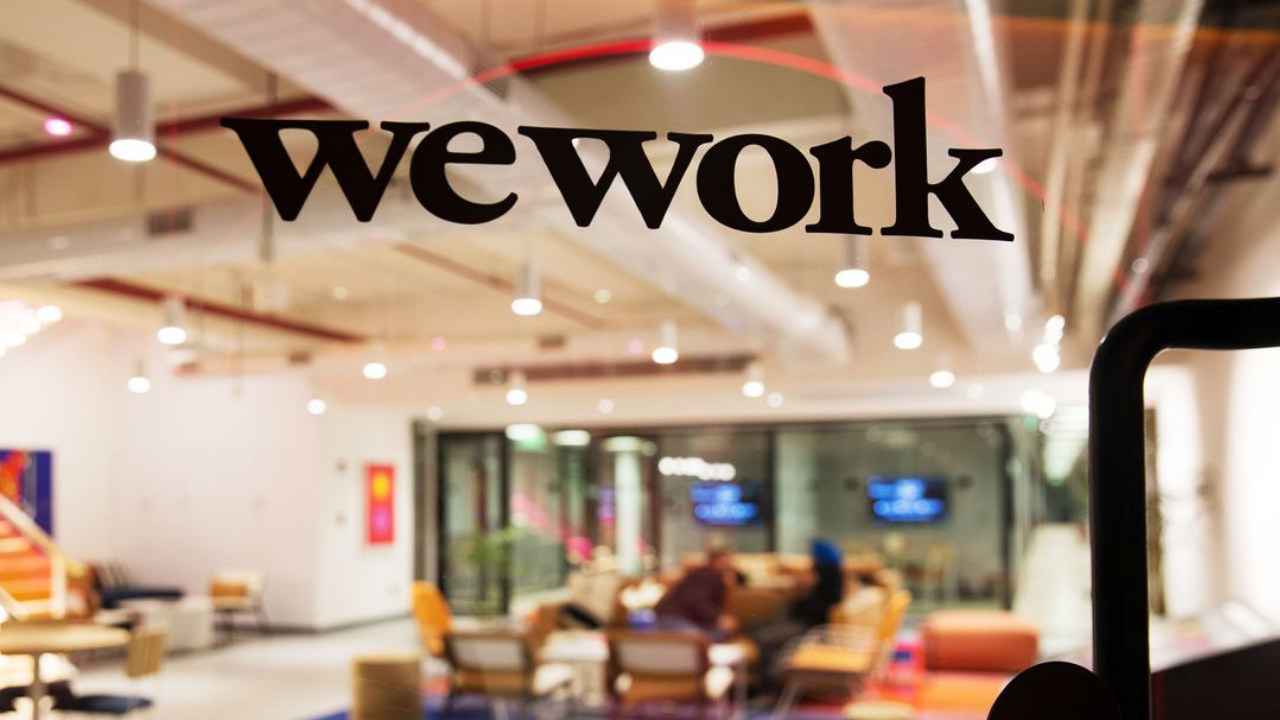In its earlier days, WeWork was seen as the underdog of startups. When it received a $20 billion valuation, the financial world scoffed in unison.
Now, the private company is queued up with its fellow decacorns as it prepares for its initial public offering thanks to massive investments from Japanese company SoftBank that pushed it to a $47 billion valuation.
Still, the future is glum as companies such as Lyft, Uber, and Pinterest recently all had disappointing share prices after going public. Supporters believe that WeWork’s resilience in the face of scrutiny will allow it to thrive in the face of an economic downturn, but critics think it is just a matter of time before the hype for the coworking industry dies down.
WeWork has numerous perks that benefit today’s workforce climate: it’s low-commitment, flexible, and offers amenities that some traditional offices don’t have. While this is convenient for WeWork members, it also poses a risk from a business perspective.
The concept of signing long-term leases and then reselling them on shorter terms seems ideal, but the profitability of that relies on the duration of deals. This means that if there is ever a downturn in the commercial real estate market, the price members will be willing to pay for short-term leases will drop and WeWork would be left paying the same long-term lease price.

 Dr. Gleb Tsipursky – The Office Whisperer
Dr. Gleb Tsipursky – The Office Whisperer Cat Johnson – Coworking Marketing Maven
Cat Johnson – Coworking Marketing Maven Angela Howard – Culture Expert
Angela Howard – Culture Expert Drew Jones – Design & Innovation
Drew Jones – Design & Innovation Andrea Pirrotti-Dranchak – Competitive Advantage
Andrea Pirrotti-Dranchak – Competitive Advantage Jonathan Price – CRE & Flex Expert
Jonathan Price – CRE & Flex Expert Jeremy Fennema – Tech Innovation Alchemist
Jeremy Fennema – Tech Innovation Alchemist











